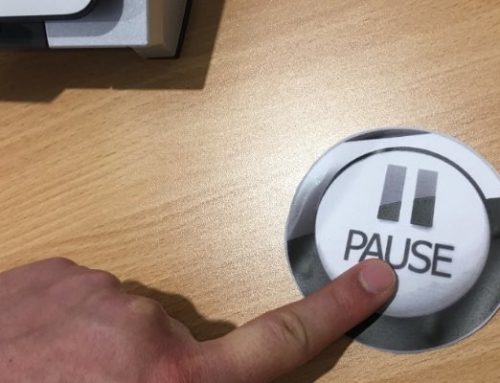Vocal Fry Revisited: A musician and voice coach’s perspective
April 18, 2018
In an Op-ed in the Guardian, author and feminist Naomi Wolf deplores young women’s use of vocal fry and uptalk when speaking, citing it as a means of “disowning their power”.
What is vocal fry? It’s the lowest register in a person’s voice, producing a sound that is creaky and gravelly, especially at the end of sentences.
According to Wolf, such a vocal habit diminishes a woman’s potential to express herself with power and confidence, thereby undermining her ability to be fully heard and respected, especially in the workplace .
This comment, as you may know, unleashed a barrage of protests, some more virulent than others, claiming that women were entitled to speak any way they wanted, and that it was just another insidious encroachment of patriarchy on women’s freedom of expression.
(After all, men have vocal fry, too. But no one seems to take offence to the phenomenon in men, oddly.)
Well, I’m going to stay out of the polemics of this one. However, I’d like to address vocal fry and its implications from a different perspective: that of a voice coach and musician, who not only performs regularly as a singer, but has helped hundreds of people – women and men alike – make their speaking voice more efficient and powerful.
As a musician and singer, let me posit the following: The human voice is a wind instrument.
It really is. Think of an oboe, a flute, or a basson: breath exhaled via the instrument with skillfully applied energy and the intention of communication, will produce beautiful sound. In the same way, our breath exhaled via our vocal apparatus produces our spoken (or sung) voice.
(Speaking 101: as you breathe in, the air fills your lungs; as you exhale, the breath travels up the windpipe, strikes your vocal cords, thereby producing vibration which is then amplified by your resonators (chest/head) and shaped by your articulators (mouth, tongue, palate, etc.).
Even though we take this totally for granted, it’s nothing short of miraculous.
A human being can use its voice to sing, speak, and communicate ideas and sounds that will shape the world. And we are the only species who can do that.
Going back to the wind instrument analogy, if the musician’s breath is not applied with enough skill, the sound emanating from the instrument will be weak (or harsh) and unsteady, and produce incorrect pitches.
Would we enjoy listening to that kind of sound at a rehearsal or in concert? Probably not. Because we instinctively (and by training) know that better and more beautiful sound can be made.
It’s the same with the spoken voice. When the breath is not deep enough and not applied correctly with intention and the right amount of energy, the voice can become unsteady, weak and break off into vocal fry. As a result, the listener feels a little “short-changed” by what they hear.
As human beings, we intuitively know whether the voice we’re hearing is operating at optimum capacity or not. Most of us know when a voice is able to produce a fuller and more powerful sound!
So…. why not use your voice to its full potential?
You might argue that, well, I should be able to use my voice the way I like it. And you’re absolutely right! But would you walk on one leg when you have two?
The same goes with the voice. Vocal fry is a sign of not using your instrument to its full human potential. By choice or by simple lack of awareness.
Truly, it’s a matter of preference. But I can tell you from experience when a speaker ( man or woman) applies certain techniques from my voice coaching, all of a sudden the voice is clearer, more energetic, more engaging, it has a much greater range and is thereby more interesting to listen to. And what’s best, the speaker feels more empowered as well.
Wouldn’t you want to uncover and use that which is your birthright?
We’re hard-wired for recognizing beauty and strength. And that’s important, because by recognizing it, we can bring out the potential for excellence and leadership that goes with it.
I don’t believe that pointing out vocal fry or uptalk, and recommending voice coaching to someone is an insult or a sign of oppression, rather, it’s saying:
“I sense great communication potential in you, but I’m not hearing it.”
Let your voice be your greatest communication instrument. Let it be a fabulous reflection of who you truly are.
We’ll all be the better off for it.
sylvialarrass.com
voice@sylvialarrass.com
All rights reserved



